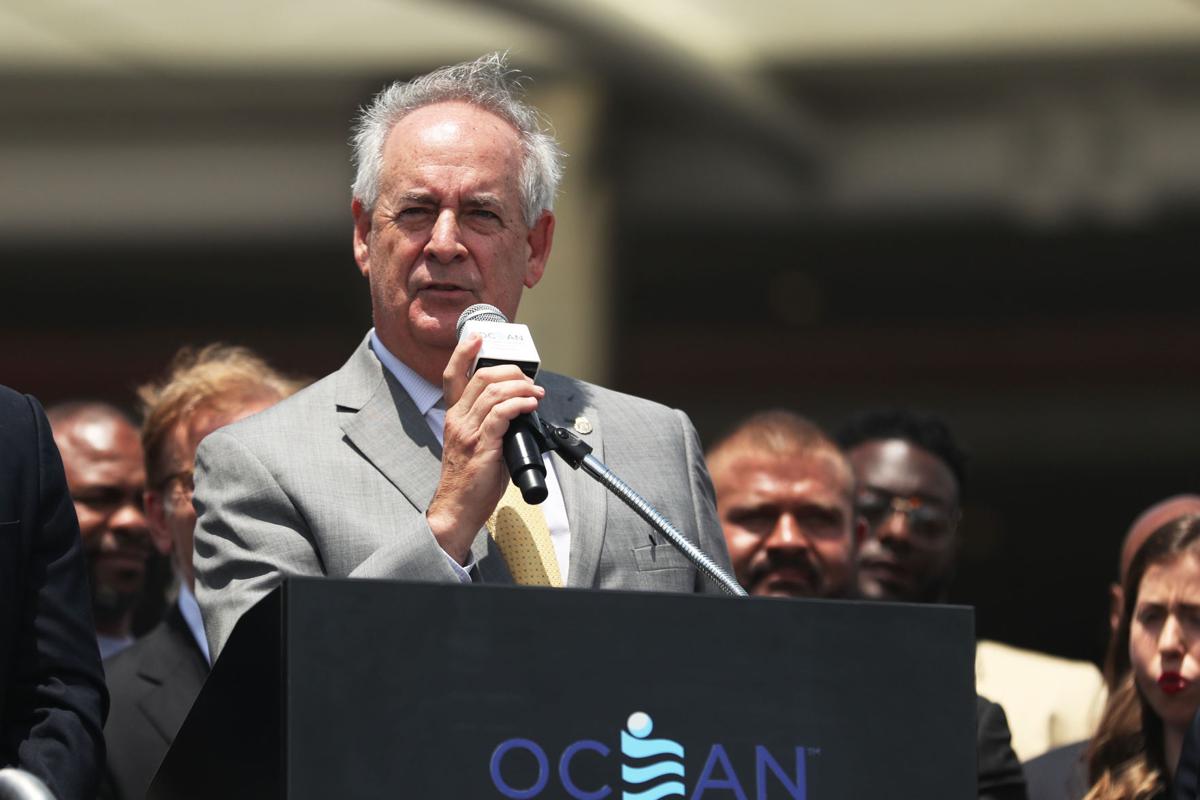Offshore Sports Betting Giants BetOnline and Bookmaker Suddenly Quit New Jersey Market
Posted on: August 28, 2019, 11:48h.
Last updated on: August 29, 2019, 03:46h.
Two of the biggest offshore sports books illegally accepting US players, BetOnline.ag and Bookmaker.eu, have abruptly withdrawn their services from the New Jersey market.

According to SportsBook Advisor, on Monday BetOnline’s New Jersey-based customers received the following email:
It has come to our attention that your BetOnline account is registered in New Jersey. Please note that, per our Terms and Conditions, BetOnline does not accept customers from New Jersey and your account has been closed. All pending wagers have been cancelled and refunded. You have until September 30th, 2019 to withdrawal your remaining funds.
Customers at Costa Rica-based Bookmaker reportedly received a similar email last week.
DGE Crackdown
The news comes one year after New Jersey DGE director David Rebuck vowed to come down hard on unlicensed sports betting sites and companies that promote their services.
At the time, New Jersey’s licensed and regulated sports betting market was just two months old, and having battled for years to have the federal ban struck down in the courts, Rebuck was in the mood to protect it.
In an interview with Gambling Compliance last August, he said that the newly regulated operations were cannibalizing the black markets. But he estimated there were still at least 10,000 websites that were accepting illegal US wagers.
BetOnline and Bookmaker are among the very biggest of those, along with Bovada, which Rebuck has singled out in the past.
Gray Turns Black and White
Both BetOnline and Bookmaker trace their origins to the very early days of the online gambling industry, when they set up offshore because they believed — or hoped — that because their servers were not based in the US, they were not committing offenses on US soil. As far as they were concerned, they were operating in countries where sports betting was legal.
If there was a lack of clarity surrounding US regulations at the time, the Unlawful Internet Gambling Enforcement Act (2006) spelled it out for operators in black and white.
Many quit serving the US in the wake of UIEGA. Others, like BetOnline and Bookmaker, dug in their heels and became bigger, scooping up the talent, assets, and customers from former competitors that preferred to go legit.
Prosecutions Difficult
It’s not clear why BetOnline and Bookmaker have chosen to quit the market now after years of defiance, and whether DGE pressure had anything to do with it.
There’s surprisingly little a state regulator can do to combat offshore online gambling. Even federal prosecutors are reluctant to devote time and resources to pursuing black market operators when securing prosecutions is difficult and there are other crimes that take precedent.
In fact, not since the “Black Friday” online poker indictments of 2011 have any serious steps been taken by federal authorities to take on unregulated online gambling.
But that could change as even more states move to legalize sports betting, as Rebuck has suggested.
“It’s not going to be easy, but you can never let [illegal operators] just get a pass,” Rebuck told GC last year. “In the future, I see that being a major initiative for the regulated markets to work to figure out the best ways to go after people.”
Related News Articles
Most Popular
Mirage Las Vegas Demolition to Start Next Week, Atrium a Goner
Where All the Mirage Relics Will Go
Most Commented
-
Bally’s Facing Five Months of Daily Demolition for Chicago Casino
— June 18, 2024 — 12 Comments -
Chicago Pension Mess Highlights Need for Bally’s Casino
— July 2, 2024 — 5 Comments
















No comments yet